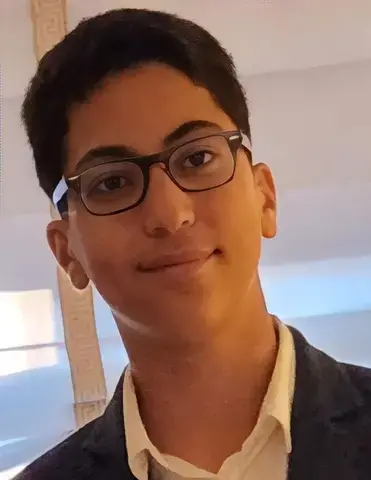This letter features reporting from "Jordan Seeks to Become an Oasis of Water-Saving Technology" by Amy Maxmen and Neil Brandvold, a Pulitzer Center reporting project
Your Excellency the Minister of Water and Irrigation Dr. Raed al-Saoud,
Taking action to address our water crisis in Jordan is no longer a choice, it is now a matter of our survival. The lack of attention that has been given to our continued and hazardous water management policies has put us in danger. As Amy Maxmen and Neil Brandvold explain in their article “Jordan Seeks to Become an Oasis of Water-Saving Technology,” “For centuries, the land now called Jordan has been one of the world’s driest places.” This has only been exacerbated by climate change and our rapidly growing population. From 2004 our population has doubled from 5.5 million to over 11 million today.
We must rethink how we live. By 2030, 90% of Jordan will be below the water poverty line. This water scarcity will not only affect our quality of life, but will also mean that we will lose economic revenue from sectors that rely on water, such as agriculture and even tourism. We know what the issues are, and it boils down to a misalignment of supply and demand. Our water resources are insufficient to satisfy our needs, and our consumption levels are unsustainable.
As Your Excellency is aware, this is where we must start to brainstorm solutions. Maxmen and Brandvold include several in their article, showing how Jordan’s historic infrastructure and water collection can be leveraged to provide insight into battling drought today. In addition, new technologies, like low-drip irrigation mechanisms, have been developed by leading universities around the world, such as the Massachusetts Institute of Technology. These need to be taken into account.
Jordan is not alone in its water crisis. Today, as Your Excellency knows, half of the world’s population could be living in areas facing water scarcity by as early as 2025. As the Pulitzer Center article notes, Jordan has become “an international test bed because of the environmental, structural and social challenges to its water supply.” We can model solutions that will not only help Jordan, but will also contribute to a more sustainable world.
I think, Your Excellency, we can address these solutions on three levels, and I would like to ask for your help advocating for each approach. The first is the student level. I would like to carve out space in the curriculum to ensure that all students are learning about the need to preserve water and water conservation behaviors. I would also like to suggest that campaigns are conducted by the Ministry of Education through schools to encourage students to take these practices home to their parents and local communities.
The next level is the national level. Here I would like to encourage the Jordanian government to provide incentives for farmers to adapt the research on water efficiency in agriculture, as well as industrialists to invest in research and development to ensure that our factories are not depleting the sustainability of our water supply. I would also like to encourage our Parliamentarians to lead efforts on ensuring projects such as desalination are appropriately studied and funded as infrastructure priorities. The third level is the international level, and I would like to request that our government continues to pursue international funding and technologies to help reform our water sector.
A report from U.S. intelligence agencies predicted that water scarcity, combined with poverty, social tensions, and weak political institutions, could lead to conflict in the Middle East. This is not simply about quenching thirst, or having the luxury of a longer shower. This is about modeling sustainable water policies to ensure our security as a nation, that can then be used by the entire world.
Best Regards,
Hassan Alazzeh

Hassan Alazzeh is a seventh grader at the American Community School in Amman, Jordan. Hassan is very interested in issues related to the environment and sustainability. He is passionate about politics and wants to make an impact on the world by encouraging other students to get involved, especially when it comes to issues that affect their communities, creating a culture of participation. Hassan is very grateful for the opportunity to help spread awareness about the water crisis, which is having a negative effect on Jordan and many other countries around the world. Outside of school, Hassan loves music and is an avid piano and guitar player. He also runs and plays football.
Read more winning entries from the 2022 Local Letters for Global Change contest!
